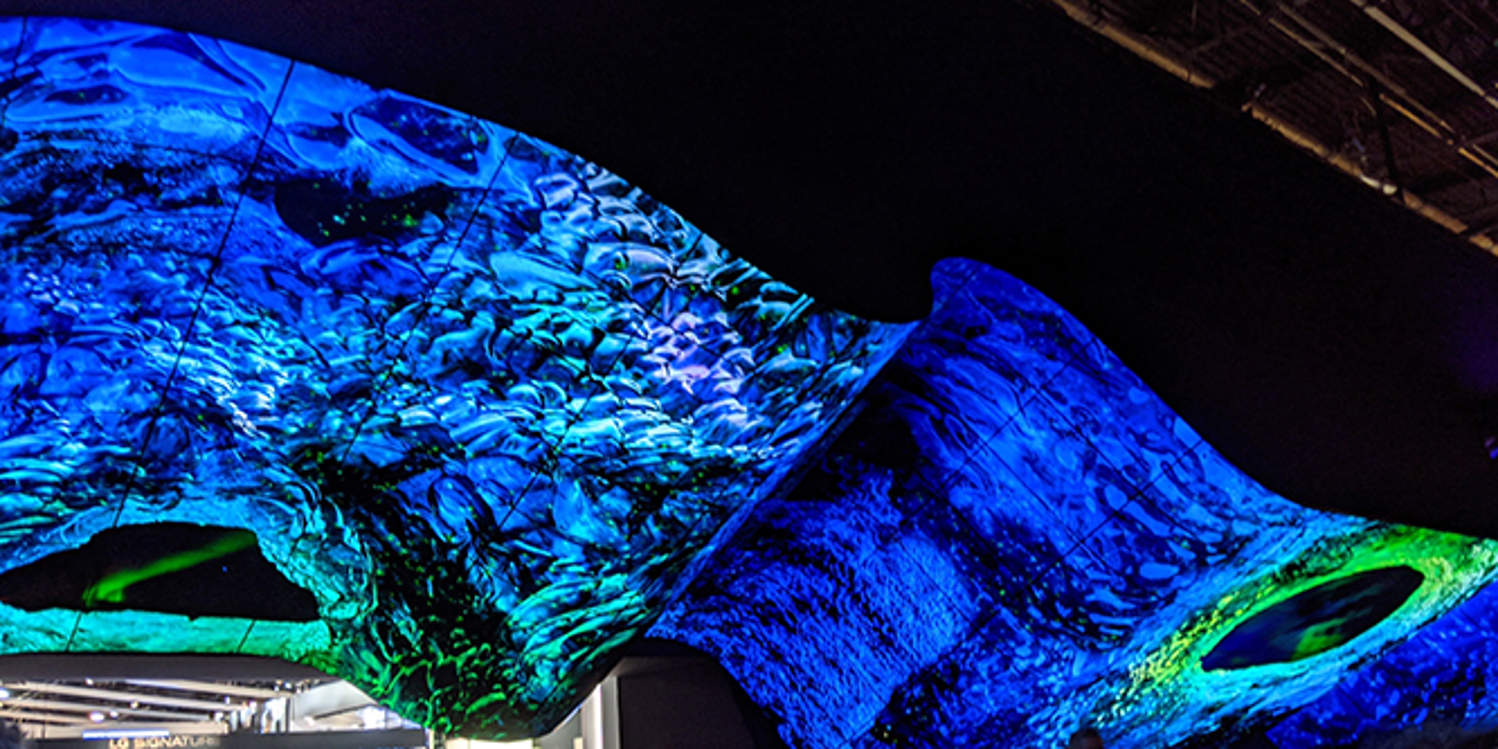
Governance Surveys
On the first day, NACD’s CES Experience 2020, in partnership with Grant Thornton, prepped directors for the technological chaos that lies ahead. On the second day, it gave directors a glimpse into start-ups and the growing sensorization of our physical world.
And on the third day, tours of the show floor revealed larger tech players bursting to make life easier and more efficient for consumers while pushing sustainability to the fore.
As NACD’s CES director-specific programming came to a close, attendees pointed out some of the most innovative items they’ve seen.
Nichole Jordan, central region managing partner at Grant Thornton, for instance, “loved the whole customized experience for the home that LG offered—it almost took you room to room.” Her takeaway from today’s show floor tour? Directors must have “the ability to look at the trends that are happening here (at CES). It may not be specifically applicable to your company, but you have to step back and understand the improvements. How might your business evolve?”
Barbara Matthews, one director attendee, was intrigued by the collaboration and personal security side of some of the technology she’d seen. Specifically, she cited a new ADT addition to the Lyft application that patches Lyft riders who don’t feel safe through to ADT security monitoring professionals.
Meanwhile, Air Uber, an urban taxi jointly developed with Hyundai, caught the attention of Duy-Loan Le, another NACD attendee, who noted that the concept could certainly be useful in increasingly congested urban environments. However, there’s “good innovation, but still a lot of things to innovate,” she said. Uber still has a way to go before it will be ready to take to the skies.
In addition to these innovations, three main currents ran through today’s show floor tours:
The Visual Sense
“Yesterday was largely tactile… and today is largely visual,” observed Bradley J. Preber, CEO of Grant Thornton, during a debriefing session following an early-access tour of one of the show floors. Indeed, while yesterday’s exhibits and discussions largely revolved around sensorization, some of today’s exhibits were more sensory in nature.
For example, LG featured its OLED Wave in a pattern of televisions that curved along the ceiling to essentially form one long screen. LG thus demonstrated how this particular television product can be concave, convex, or flat. Director attendees also encountered The Wall by Samsung, a massive 8K television that uses artificial intelligence (AI) to convert lower-resolution images to the 8K standard—or essentially to a standard so high that the naked eye can’t perceive any pixelation.
“LG’s [televisions and smart home technology are] designed to be a user experience—visual and tactile, an overwhelming amount of stimulation that draws you to the technology,” commented Preber. “The application of this is [to ask if there are] ways you can begin to draw your employees and talent” to working smarter and more productively by employing such stimulating technologies.
A Focus on Culture
During a private tour conducted by The Palmer Group, its CEO Shelly Palmer noted that “this is not a technology show, this is a changing culture show.”
Many of the products on display seemed to focus on consumer safety, health, and improving the average consumer’s lifestyle. Bosch, for instance, displayed a power-assisted eBike that allows riders to pedal up to 25 miles per hour and reduce strain while providing a more eco-friendly alternative to driving, especially in congested urban areas. Bosch also showed off a pair of smart glasses that, once fitted to your eyes, beams information such as directions or grocery store lists right onto the retina. Bosch doesn’t intend to get into the eyewear business but instead would OEM its product to other manufacturers.
Smarter Farming and Sourcing
John Deere saw the need to provide greater efficiencies to farmers as the world’s population and demand for sustenance grow. This year, Deere showed off a tractor with a sensor-enabled carbon-fiber boom that provides appropriate care to individual plants rather than to the field as a whole. Deere also exhibited an AI-enabled technology that can visually identify weeds and thus apply pesticides only where needed, preventing the deaths of desired crops and cutting waste.
Concurrently, IBM Corp. announced a Food Trust initiative that uses block chain to verify the ethical and sustainable sourcing of various foods, including coffee.
Innovations like those displayed by Bosch, Deere, IBM, and other CES exhibitors reflect a seemingly broader shift in the industry to serve multiple stakeholders, including the planet.
Though some of these products are still in development or are not yet being commercially marketed, Palmer reminded director attendees that we’re “living in an age of incrementalism, [but] we’re also living in exponential times.” So, while block chain, 5G networks, smart glasses, and personal flight might feel like they’ve been a long time coming, they’re getting closer every day.
Mandy Wright is senior editor of Directorship magazine.
